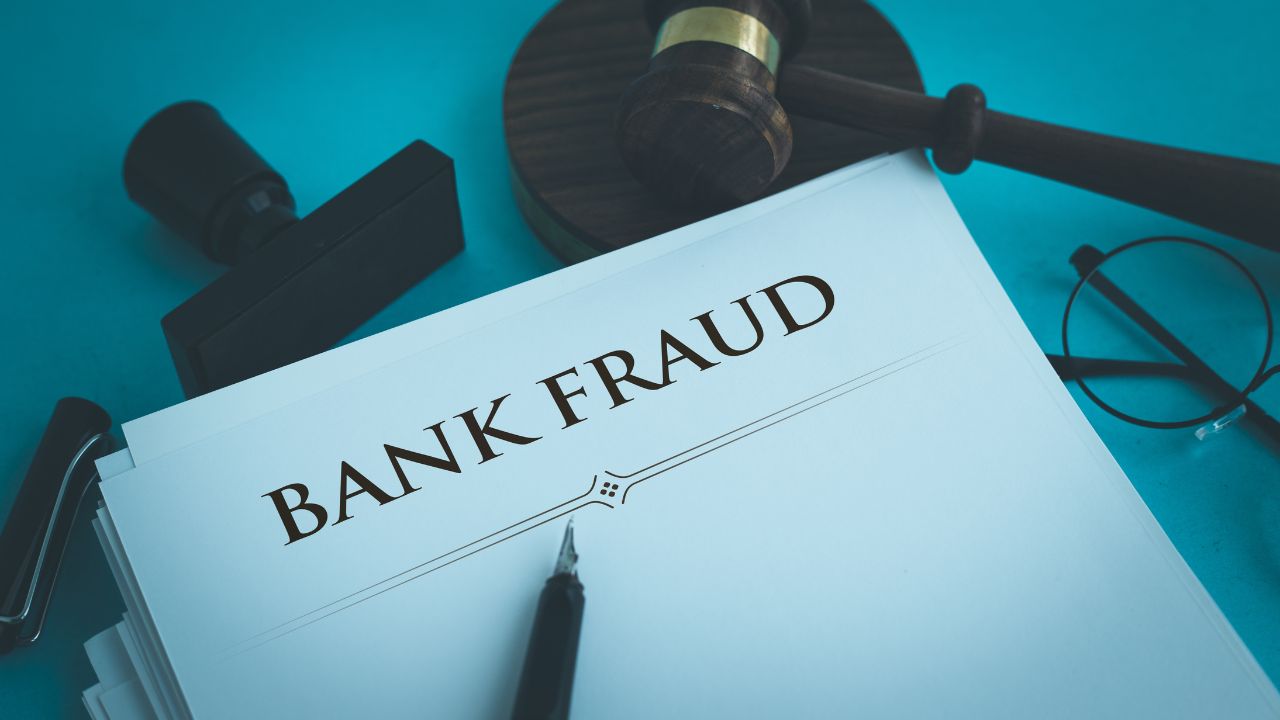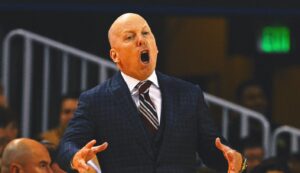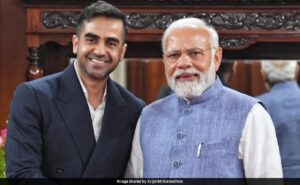

In a recent case, Anil Bhavarlal, a director of Sun Infrastructure Pvt. Ltd., along with some employees of the State Bank of India, faced criminal charges over allegations of fund diversion, fraudulent valuation of collateral, and irregular loan repayment, resulting in a ₹6.13 crore loss to SBI.
The Bombay High Court rightly refused to quash the proceedings after a compromise was reached, with the Debt Recovery Tribunal kept in the loop. The Supreme Court upheld the High Court’s decision, ruling that when a case involves trial under the Prevention of Corruption Act, proceedings cannot be dropped.
Two recent developments are relevant here. First, the Indian judiciary deserves praise for taking the moral high ground, going beyond the financial aspect, whereas in the U.S., the President-elect has managed to evade consequences for adverse court verdicts, some involving moral turpitude, by settling—something that is legally acceptable under U.S. law.
Second, fugitive Vijay Mallya recently expressed outrage, claiming that despite more than the amount he owed Indian banks being recovered through asset seizures, he remains a fugitive. The truth is, Indian law does not condone financial crimes simply by accepting monetary settlements.
Case 2: Resignation instead of retirement shouldn’t mean complete denial of pension
Regarding Manganese Ore India Corporation, the Bombay High Court recently struck down a company rule that denied pension benefits to resigning employees. This was deemed unfair, as it effectively forced long-serving employees to stay on.
A similar approach is seen in the central government pension rules, which grant pro-rata pension to employees who resign voluntarily after 20 years of service, rather than denying them benefits entirely. This is the fair and reasonable practice.
Without such provisions, an employee with, say, 30 years of service remaining may be forced to turn down a job offer with a substantial salary hike. It is well-known that only a lateral move can secure a significant salary increase, which is essential for building a post-retirement nest egg.
Case 3: Cataract operation that leads to blindness is gross medical negligence
In the case of Bherulal Bhimaji Oswal (Deceased) vs. Madhusudan N. Kumbhare, the Supreme Court recently ordered a payment of ₹3.5 lakh to a patient who underwent cataract surgery on his right eye. Unfortunately, the surgery not only failed to improve his vision but resulted in blindness.
After being repeatedly dismissed by the eye surgeon with painkillers and rebandaging, the patient sought a second opinion. He was found to have not only lost his eyesight but was also at risk of brain damage due to the untreated infection.
The second opinion led to a diagnosis of endophthalmitis, a persistent pus formation that should have stopped within 48 hours after cataract surgery. The patient’s symptoms—pain in the operated eye and failure to regain vision—were consistent with this condition and had been repeatedly reported to the respondent during multiple post-operative visits.
The Court found that while the infection was diagnosed by three doctors, it was too late to save the eye. The patient ultimately had to undergo evisceration of his right eye, resulting in permanent vision loss.
While the doctor faced only a mild reprimand, the judgment underscored that cataract surgery is not a minor procedure. Despite its common nature, complications can arise post-surgery, particularly if the patient’s blood sugar is high. The fact that a patient is discharged within 6 to 8 hours after surgery does not mean the procedure should be taken lightly, either by the patient or the surgeon.
—The author, S. Murlidharan, is a Chartered Accountant and legal expert who provides commentary on and interprets important court rulings and judgments. The views expressed are his own.
Read the previous Legal Digest columns here



